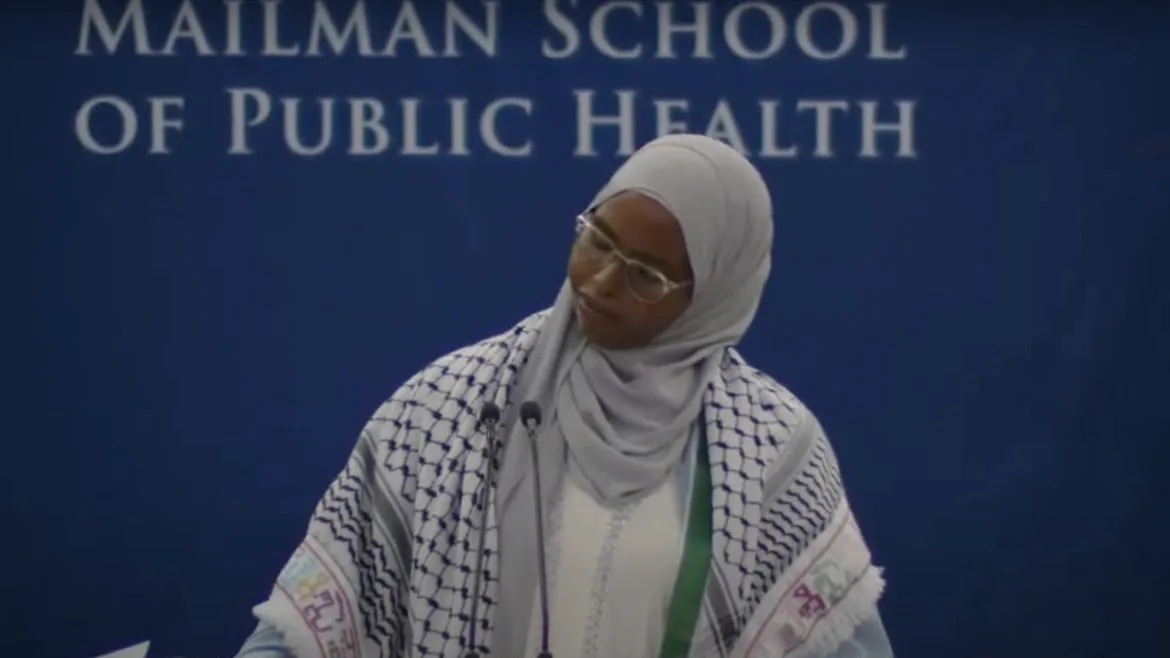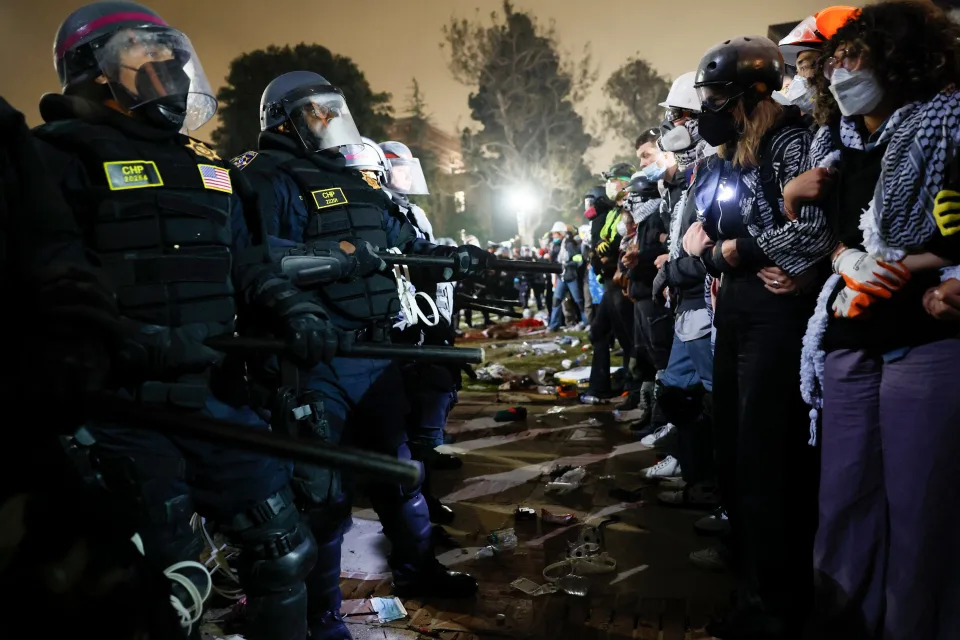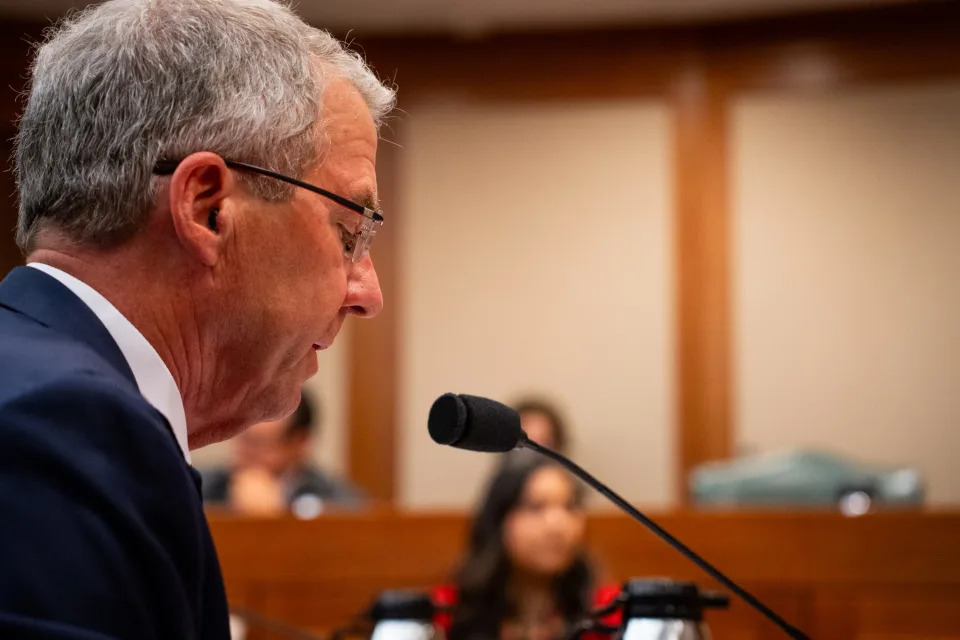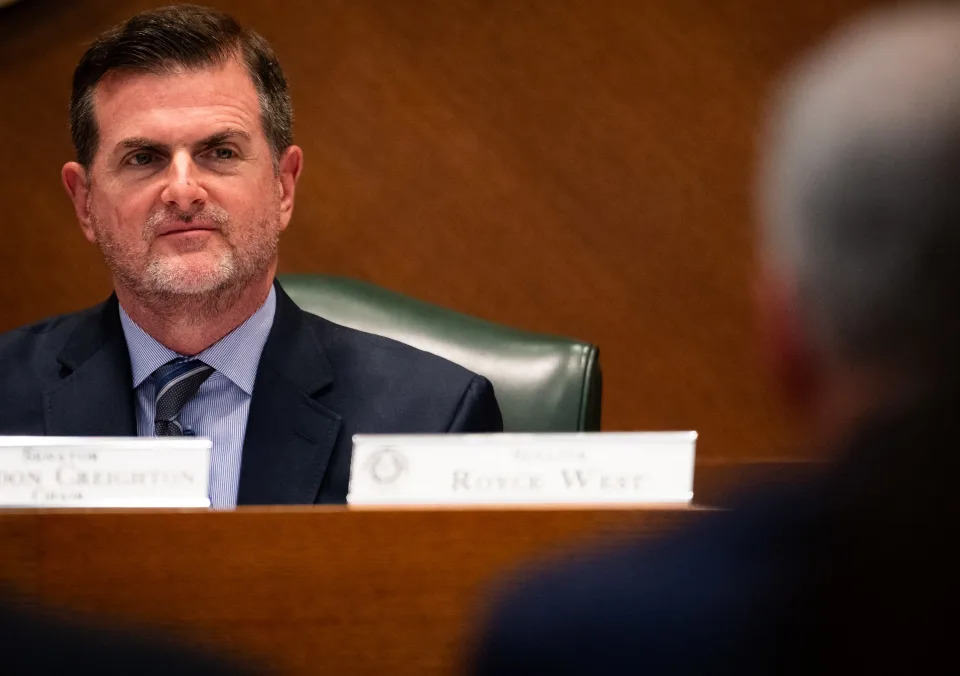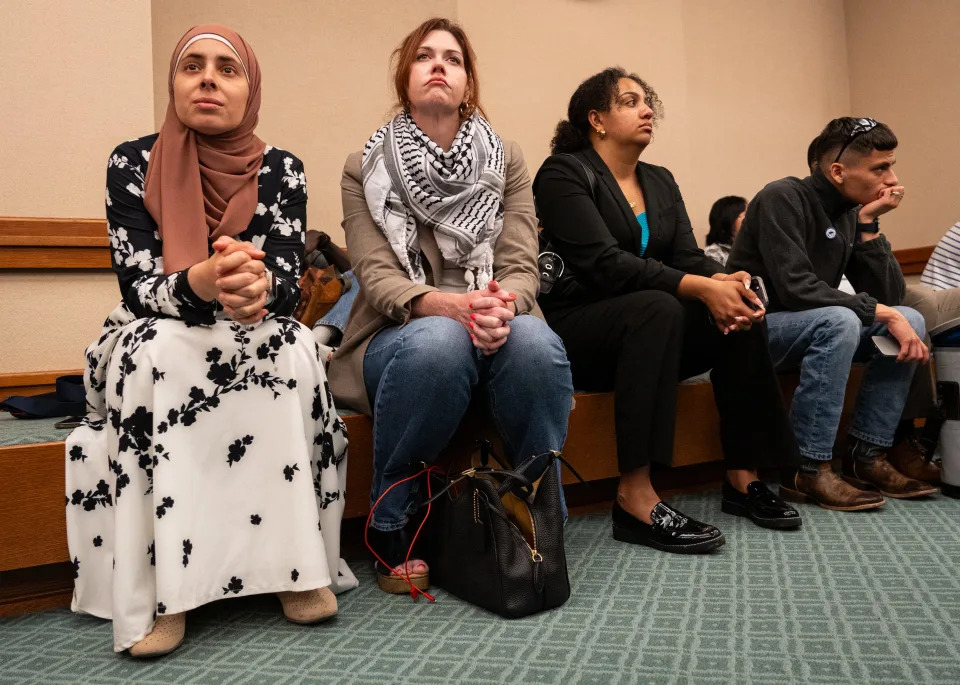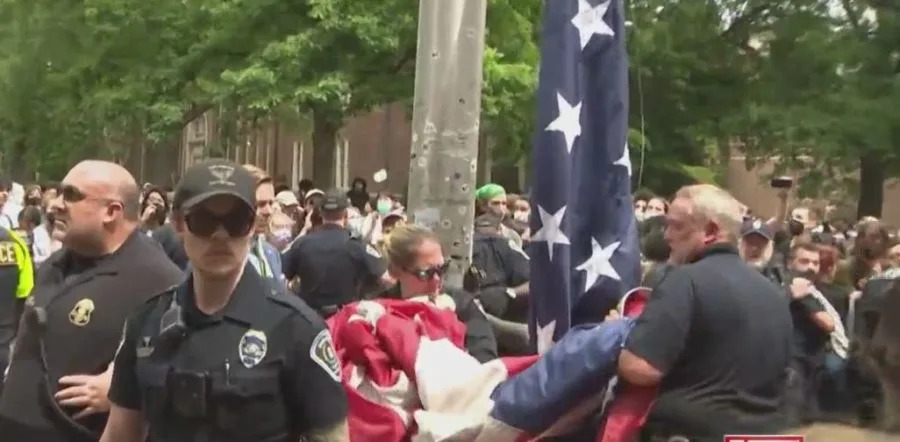South Africa seeks halt to Israel's Rafah offensive at World Court
Wed, May 15, 2024

ICJ holds public hearings on the legal consequences of Israel's occupation of Palestinian territories, in The Hague
By Stephanie van den Berg
THE HAGUE (Reuters) - South Africa will ask the top U.N. court on Thursday to order a halt to the Rafah offensive as part of its case in The Hague accusing Israel of genocide in the Gaza Strip.
The hearings at the International Court of Justice, also known as the World Court, come after South Africa last week asked for additional emergency measures to protect Rafah, a southern Gaza city where more than a million Palestinians have been sheltering.
It also asked the court to order Israel to allow unimpeded access to Gaza for U.N. officials, organisations providing humanitarian aid, and journalists and investigators. It added that Israel has so far ignored and violated earlier court orders.
On Thursday, South Africa will present its latest intervention seeking emergency measures starting at 3 p.m.(1300 GMT).
Israel, which has denounced South Africa's claim that it is violating the 1949 Genocide Convention as baseless, will respond on Friday. In previous filings it stressed it had stepped up efforts to get humanitarian aid into Gaza as the ICJ had ordered.
Gilad Erdan, Israel's ambassador to the United Nations told Army Radio on Wednesday the short notice the court gave for the hearings did not allow sufficient legal preparation, adding that was "a telling sign".
The Israel-Hamas war has killed nearly 35,000 people in Gaza, according to health authorities there. About 1,200 people were killed in Israel and 253 taken hostage on Oct. 7 when Hamas launched the attack that started the war, according Israeli tallies.
South Africa accuses Israel of acts of genocide against Palestinians. In January, the court ordered Israel to ensure its troops commit no genocidal acts against Palestinians in Gaza, allow in more humanitarian aid and preserve any evidence of violations.
The hearings on May 16 and 17 will only focus on issuing emergency measures, to keep the dispute from escalating. It will likely take years before the court can rule on the merits of the case.
The ICJ's rulings and orders are binding and without appeal. While the court has no way to enforce them, an order against a country could hurt its international reputation and set legal precedent.
(Reporting by Stephanie van den Berg, additional reporting by Henriette Chacar in Jerusalem; Editing by Anthony Deutsch, William Maclean)
Reuters
Tue, May 14, 2024
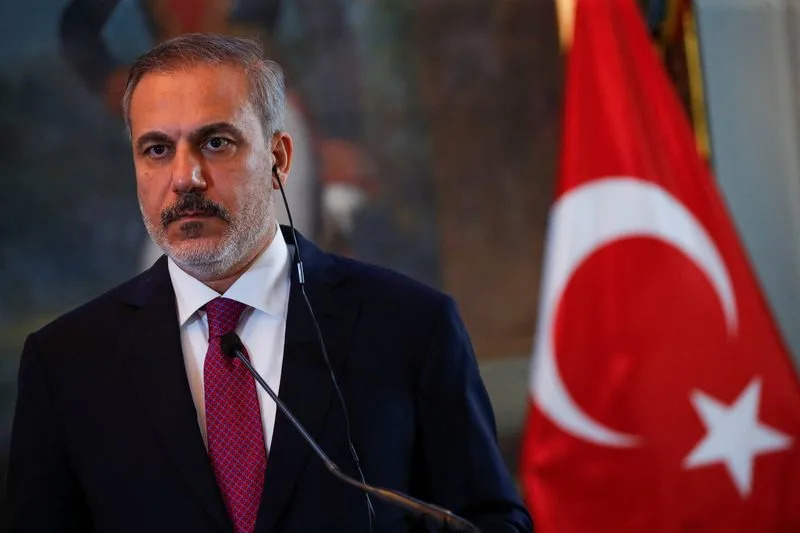
Turkish Foreign Minister Hakan Fidan visits Venezuela
ANKARA (Reuters) - Foreign Minister Hakan Fidan said on Tuesday that Turkey decided to submit its declaration of official intervention in South Africa's genocide case against Israel at the International Court of Justice (ICJ).
Earlier this month Fidan announced the decision to join the case launched by South Africa as Ankara stepped up measures against Israel over its assault on Gaza, which has killed more than 35,000 people and launched after militant group Hamas' Oct. 7 rampage.
"We condemned civilians being killed on October 7," he told a press conference with his Austrian counterpart.
"But Israel systematically killing thousands of innocent Palestinians and rendering a whole residential area uninhabitable is a crime against humanity, attempted genocide, and the manifestation of genocide," he added.
A foreign ministry official said Turkey had not yet submitted the formal application to the ICJ.
(Reporting by Huseyin Hayatsever; Writing by Tuvan Gumrukcu; Editing by Jonathan Spicer)
World Court to hold hearings over Israel's Rafah attacks
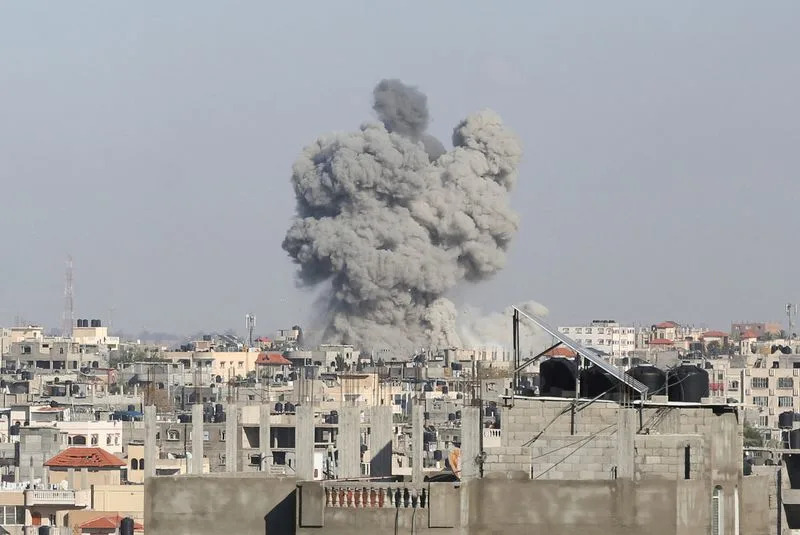
FILE PHOTO: Smoke rises following Israeli strikes, amid the ongoing conflict between Israel and the Palestinian Islamist group Hamas, in Rafah
By Stephanie van den Berg
THE HAGUE (Reuters) - The U.N.'s International Court of Justice will hold hearings on Thursday and Friday to discuss new emergency measures sought by South Africa over Israel's attacks on Rafah during the war in Gaza, the court said Tuesday.
The measures form part of an ongoing case South Africa filed at the ICJ in December last year accusing Israel of violating the Genocide Convention during its offensive against Palestinians in Gaza.
Israel has previously said it is acting in accordance with international law and has called the genocide case baseless and accused Pretoria of acting as "the legal arm" of Gaza's ruling Hamas militants.
South Africa will address the court on Thursday after it asked the ICJ, also known as the World Court, last week to order Israel to cease its Rafah offensive and allow unimpeded access to Gaza for U.N. officials, organisations providing humanitarian aid, and journalists and investigators.
Israel will present its side of the case on Friday, according to the court schedule.
The war has killed nearly 35,000 people in Gaza, according to health authorities there. About 1,200 people were killed in Israel and 253 taken hostage on Oct. 7 when Hamas launched the attack that started the war, according Israeli tallies.
The hearings in The Hague will only focus on issuing emergency measures, to keep the dispute from escalating, before the court can rule on the merits of the case, which usually takes years. While the ICJ's rulings are binding and without appeal, the court has no way to enforce them.
(This story has been corrected to fix the day from Monday to Tuesday in paragraph 1)
(Reporting by Stephanie van den Berg; Editing by Andrew Heavens and Nick Macfie)





